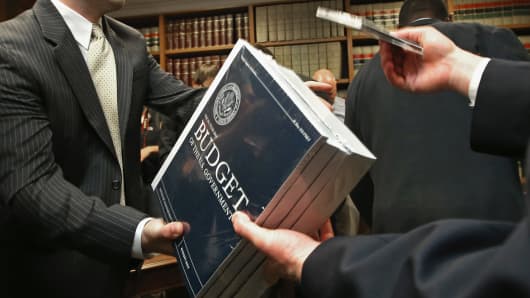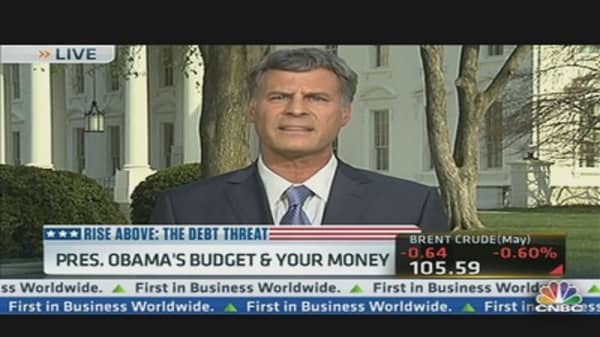The annual payments you can get in an annuity fluctuate according to several factors, chief among which is current interest rates, which are near record lows. When interest rates increase, a lump sum generates much higher payments. Put another way, higher rates would cause the $3 million threshold to fall.
Based on interest rates back to 2006, the IRA cap could fall as low as $2.2 million, EBRI says. At that level, the cap could hit nearly three percent of all retirement accounts.
For the vast majority of savers, however, the biggest worry isn't having enough retirement savings, but not enough. Half of all Americans have $25,000 or less in savings, according to Fidelity Investments, and 35 percent of all working Americans don't have an employee-based retirement plan, such as a pension or a 401(k) plan.
Capping IRA could deter savings without helping reduce the deficit, Ronald O'Hanley, president of Asset Management and Corporate Services at Fidelity Investments, argued at a speech to the U.S. Chamber of Commerce Wednesday.
Most retirement programs are tax deferrals, not tax breaks, he argues: Savers pay taxes when they withdraw. "Not only will such a proposal further challenge retirement savings, it will not generate additional revenue," he says.




